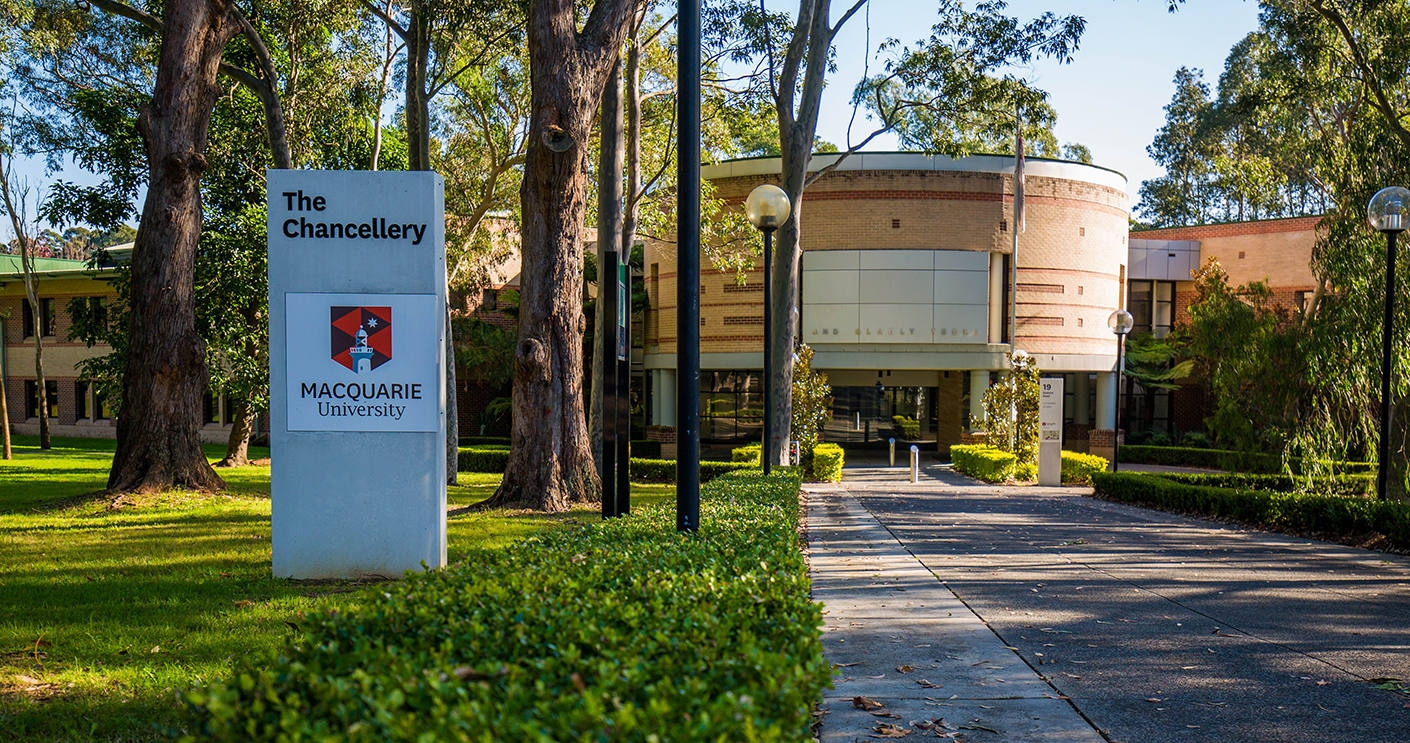Later today, eligible academic staff will receive an invitation to nominate themselves or a colleague for election to the Macquarie University Council.
This year, for the first time, staff will be nominating for one of two positions on the Council, each for a fixed term of two years.
This change is the result of decisions the Council approved at its meeting in August that will improve its effectiveness and bring it into line with other similar bodies in New South Wales.
Earlier this year, University Council commissioned an expert assessment of its size and practices as part of the regular cycle of governance reviews across the organisation. Emeritus Professor Janice Reid, former Vice-Chancellor of Western Sydney University, and Dr Rhonda Hawkins AM, now Deputy Vice-Chancellor at Victoria University, were contracted to conduct the review and reported back to the Council in March.
Professor Reid and Dr Hawkins made several recommendations that will help improve the efficiency and decision-making capacity of the University Council, freeing it up to oversee strategic matters. The report also made three key recommendations regarding the size, composition and tenure of Council members, all of which were approved by the University Council at its meeting in August:
1. Fixed terms for Council members
Council members were previously appointed for variable terms depending on the nature of their appointment. This allowed for flexibility in the Council membership, but also resulted in inconsistencies in the duration of appointments. The Council agreed to set a standard four-year term for appointed members, including the Chancellor. Staff members will be elected to a two-year term in this election, however, Council has approved an extension to the term to three years to enable greater continuity. Regulatory changes are required to effect this three-year term and that process has commenced.
2. Term limits for Council members
Prior to the review, there was effectively no limit on the number of terms members could serve. This helped create a Council whose members could become deeply involved in the University over many years, but also made it more difficult to recruit new talent and expertise without increasing the size of the Council and reducing its efficiency. Following the review, Council approved a maximum of three four-year terms for appointed members, including the Chancellor, except in exceptional circumstances. This change applies to all current and future appointed members.
3. Reduction in the size of Council
The size of Council is key to its effectiveness, and over time our Council has grown to 19 members, all of whom have added value and insight into the University’s governance. Across the sector, however, University Councils are much smaller, with an average of 15 members. In line with sector practice, the Council agreed to gradually reduce the number of members as their terms expire. Over the next 12-18 months, the number of graduate members will reduce from nine to six, and the number of academic staff elected representatives will reduce from three to two, becoming eligible for re-election once after their first term.
With Professor Howitt retiring, and Professors Kane and Dean concluding their current terms in December, this final change will come into effect for the forthcoming election.
For more information, visit the University Council website or contact councilelections@mq.edu.au


 Back to homepage
Back to homepage
P.S. Why would you get CEOs to review the functions and operations of a body whose role is to oversee the CEO and to whom the CEO is accountable?
15 members is not “much smaller” than 19. There is no consistent evidence base for the assertion that a smaller Council is more effective and the argument that it is “more efficient” is highly contestable – what “more efficient” means is usually “easier for the Chancellor to manage” but it doesn’t necessarily lead to better outcomes for the University.
Staff should be dismayed and disturbed at the reduction in staff-elected membership of Council. The loss of diversity of staff voices on Council (and yes, a reduction from 3 to 2 Academic Staff IS significant, while Professional Staff continue to be under-represented) is a trend that has seen University Councils across the sector becoming seriously out of touch with the values, culture and practices of the academic enterprise. The result is a significant loss of staff confidence in University Councils as the guardians and custodians of their institutions’ academic and social missions, cultures, values and purposes.
This criticism is not intended to be a reflection on any of our individual Council members, both internal and external, who I am sure serve with genuine commitment and distinction. Rather, it is a reminder that a governing body that moves too far from the constituent elements of that which it governs risks making very grave errors of judgment. Academic and Professional Staff are not just “internal stakeholders”: we are, along with Convocation and the Council itself (by the Act and our by-laws) constitutive elements as well as members of the University and as such should have a significant voice in, and influence on, its governance.
I am very sorry to see this reduction in staff-elected membership of Macquarie’s Council. There is no evidence that it will improve our governance, make our University a better place or enhance the quality of our education and research. All it does is reduce the ability of staff-elected members to bring to the governance table the perspectives of the key actors on whom the University’s quality and sustainability, and the achievement of its mission and goals, depend.
I suppose Joe Dawkins has finally got what he first proposed back in 1987.